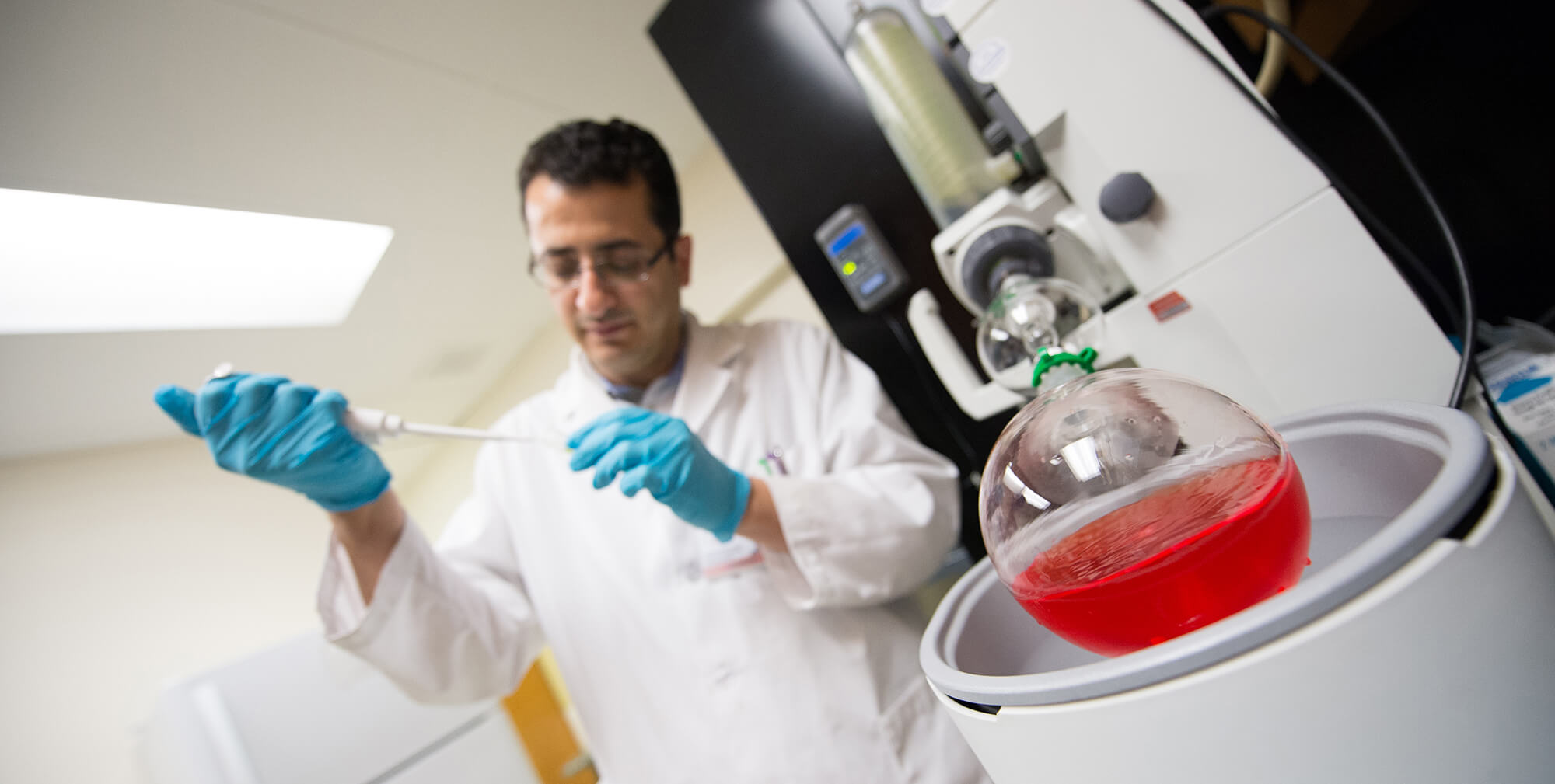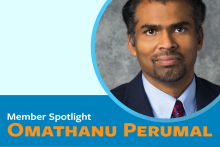
Program Overview
The American Association of Colleges of Pharmacy (AACP) Aspiring Academics program is designed to inform and inspire students from diverse backgrounds who are interested in pursuing an academic pharmacy career. Through asynchronous learning modules, mentorship, networking, a group project, involvement with AACP, and attendance at the AACP Annual Meeting and Teachers’ Seminar, the AACP’s Aspiring Academics program aims to facilitate a deeper understanding of career paths in academic pharmacy. The program will accept up to twenty-eight (28) student-faculty pairs from AACP member schools for the 2024-2025 program. The overall program requires approximately 2 hours per month between August 2024 and June 2025 in addition to attendance at the AACP Annual Meeting and Teachers’ Seminar on July 19-23, 2025 in Chicago, Illinois.
The 2024 application is now closed.
Meet the 2024 AACP Aspiring Academics!
Program Objectives
At the completion of this program, students should be able to:
- Describe the various types of pharmacy faculty positions.
- State the expectations of a pharmacy faculty member regarding scholarship, teaching, and service.
- Describe the process for career advancement in pharmacy academia and the knowledge, skills, and attitudes needed.
- Develop a network of peers and mentors interested in academia.
- Discuss contemporary areas of interest regarding pharmacy education.
- Develop a poster to showcase knowledge learned about pharmacy academia.
Student Eligibility
Qualified applicants will meet the following requirements. Applicants must:
- be enrolled in a Doctor of Pharmacy (Pharm.D.) degree program at an AACP member institution;
- be enrolled during the 2024-2025 Academic Year as one of the following:
- A P3 Pharm.D. student in a 4-year program,
- A P2 Pharm.D. student in an accelerated 3-year program, OR
- A P5 (out of P6) student in a 0-6 program.
- be in good academic standing in the Pharm.D. program;
- have a strong interest in enhancing their preparation for a career in academic pharmacy;
- submit a completed application by the deadline; and
- agree to abide by the terms in the Aspiring Academics Guide, including mandatory attendance at the 2025 AACP Annual Meeting and Teachers’ Seminar.
All eligible students are invited to apply. No more than one student will be accepted per institution.
Student Expenses
The student’s college or school of pharmacy must agree in advance to provide funding in the form of a fixed stipend or reimbursement model to cover the student’s transportation, lodging, and meals to the 2025 AACP Annual Meeting and Teachers’ Seminar, if accepted. AACP will waive the registration fees for accepted students to attend the conference, as well as the expenses associated with creating group posters for the 2025 meeting. Hotel information will be available by April 2025.
Mentorship
Through this program, students will have the opportunity to learn from two distinct faculty member mentors, one from within their own institution (the home mentor) and one assigned by AACP (the AACP group mentor).
- The home mentor assists the student in their application to the program and commits to working with the student as they explore academic pharmacy for the duration of the program. They ensure that the student is prepared for each of their group meetings and accompanies their student to the Annual Meeting and Teachers' Seminar.
- The AACP group mentor will work with a group of four to five students from various schools. The AACP group mentor will facilitate group discussions following assigned modules, allowing students to learn about academic issues from perspectives outside their home institution. The AACP group mentor will also assist their group in the development of a poster for presentation for the AACP Annual Meeting.
Home Mentor Eligibility
Qualified faculty mentors at the student’s home institution must meet the following requirements:
- be an individual member of AACP;
- submit a letter of support on behalf of the student as part of the Aspiring Academics application process; and
- agree to abide by the terms in the Aspiring Academics Guide, including mandatory attendance at the 2025 AACP Annual Meeting.
Mentor Expenses
Home mentors and AACP group mentors are responsible for all expenses associated with participating in the program, including the meeting registration fees and travel expenses for the 2025 AACP Annual Meeting and Teachers’ Seminar.
Download Materials
Learning Modules
- Module 1: Overview: Career Pathways in Academic Pharmacy
- Module 2: Expectations: Teaching, Scholarship, and Service
- Module 3: Process: Knowledge, Skills, and Attitudes Needed for Career Advancement as a Faculty Member
Pharmacy Fika Podcast
The Pharmacy Fika Podcast features a student from the Aspiring Academics Program on the episode titled Aspiring Academics: Preparing the Next Generation of Pharmacy Educators, where pharmacy educators and guests discuss their journey toward a career in academia. Take a listen to the episode if you are curious how programs like AACP's Aspiring Academics and formal training programs help people determine if academia is a good fit for them.
Contact AACP staff at aspiringacademics@aacp.org with questions.








.png)





